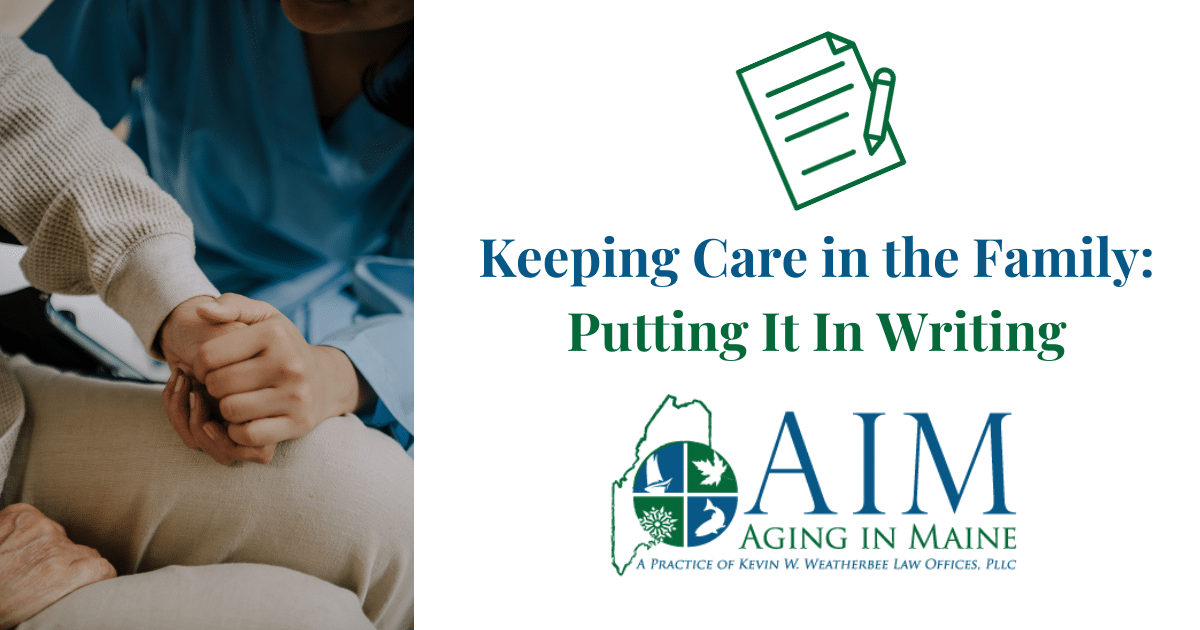Anyone experiencing the struggle of simultaneously caring for children and aging parents is part of the sandwich generation. Although generation is part of the phrase, it does not refer to people born at a specific time. Typically these “sandwich” family caregivers will be in the thirty to forty-year-old age range and balancing duties to provide for their families and provide care duties for both children and parents.
Trends that Lead to an Increase of the Sandwich Generation
The rise in the numbers in the sandwich generation is a byproduct of influential trends. Two obvious and long-term trends are women who opt to give birth later in life and the increasing numbers of the senior US population. The third influence is the COVID-19 pandemic. Fear of placing aging parents into long-term care facilities where thousands have perished due to the coronavirus prompts many families to care for their elder loved ones in their homes or their parents’ homes nearby. Additionally, many in the sandwich generation continue to work remotely to balance income needs with care for their children and aging adult loved ones.
If this scenario reads familiar, you are not alone. You are most likely experiencing significant anxiety and stress as you juggle, in some cases, limited in-person schooling and activities for your children, career and increased financial expectations, family dynamics, and daily caregiver duties. Though this is a challenging time in your life, it does not have to be as impossible as it may seem. There are steps to take to help you provide the best outcomes possible in your sandwich generation endeavor.
How the Sandwich Generation Can Plan for Their Family’s Future
Start with a simple first step by reprioritizing “daily.” Suppose there seems an overwhelming number of tasks to accomplish in a day; prioritize between urgent and non-urgent categories to triage what needs addressing first. Also, make time for self-care to avoid caregiver burnout. Focusing on basics like nutritious meals, adequate sleep, and exercise will serve you and your loved ones well. Know your rights at your workplace. Programs like the Family Medical Leave Act (FMLA) offer job security to those taking a leave of absence for family medical reasons. While it is not a paid benefit, you will maintain access to your health insurance benefits for up to twelve weeks of time off. If you haven’t, explore working remotely to put you in the same physical location as those you care for in your home. And, of course, share your feelings about your burdens and get extra help when you need it. Talking things through with family members can better manage everyone’s expectations. There are also forums and community resources that can put you in touch with others in the sandwich generation, where you can share information and offload burdens.
Make an honest evaluation of your available resources before determining a course of action. Are your parents able to pay for their care on their own, even within your own home? Do they carry long-term care insurance or whole life insurance policies with living benefits? Do you have other family members willing to contribute financially, or is a public assistance option viable?
Talk things through with your parents about their preferences and abilities to pay. Include any siblings you may have and figure out who can help provide care and whose home provides the best solution. If external help is a must, research local resource possibilities and at what cost. Most importantly, consult an elder law attorney to ensure all relevant legal document requirements are at hand if a sudden financial or medical decision presents itself.
While your parents are a huge responsibility, it is crucial not to overlook the needs of your retirement that will protect your children’s lifestyle and future. College funds need to be a priority, as is a 401(k) plan if your place of employment offers one. Consider the purchase of a term or whole life insurance policy to protect your family’s future in the event a tragedy befalls you and your ability to care for your family. Start an emergency fund right away, as life is unpredictable. This fund can help cover incidental costs, unexpected medical bills, and a long-term hospital stay. Unexpected costs can throw your budget out of whack so try to be prepared ahead of time with some emergency cash on hand.
If your sandwich generation status continues for a long time, re-evaluate your finances periodically. Goals will change, and updating your estate plan and possibly your parents’ plan too may help you stay on track to meet your nuclear family’s long-term goals. You may need to renovate your home as your parents age for both their comfort and safety.
Money management and estate planning are critical elements to creating a mutually beneficial living experience as part of the sandwich generation. While this may not be the easiest time of your life with the multitude of demands placed upon you, it is survivable, indeed a situation where you can all thrive with adequate planning. Speak with an elder law attorney familiar with structuring these types of plans and get started today for the extreme likelihood you too will become part of the sandwich generation. We’d love to talk to you! Call us at (207)848-5600 or check out our CONTACT page.




